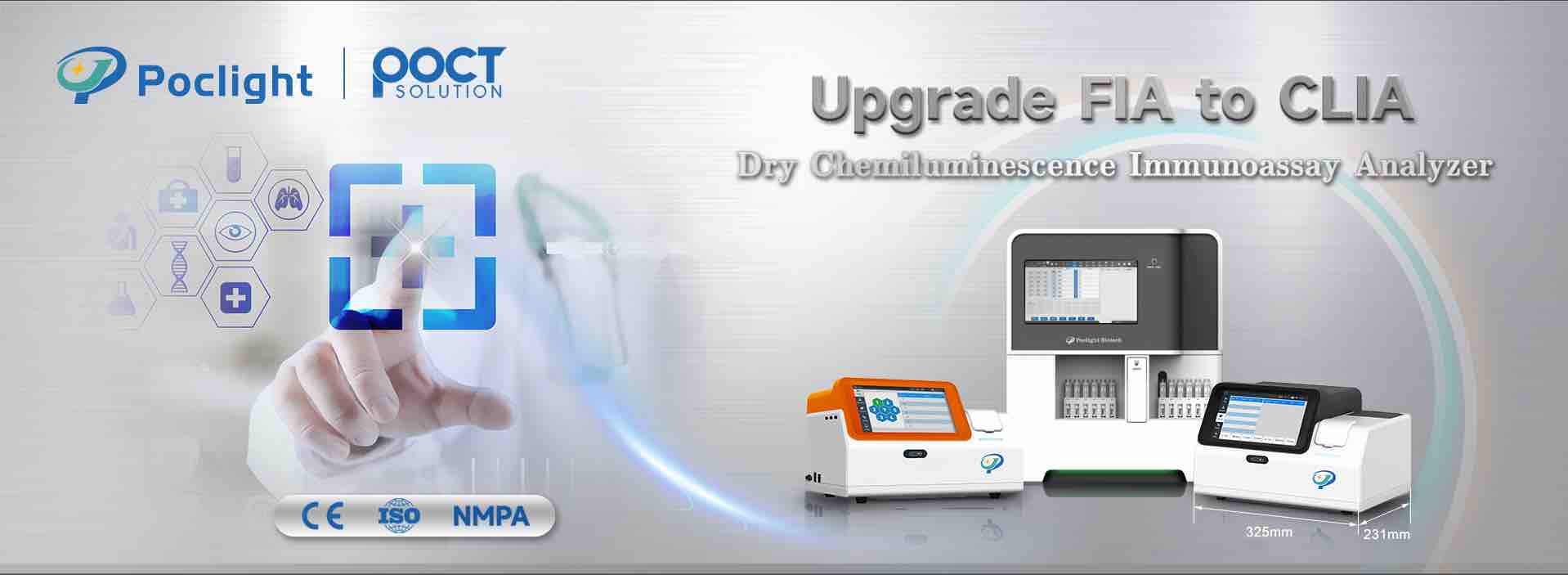How do cytokines help in the diagnosis of autoimmune diseases?
Cytokines are small molecule polypeptides or glycoproteins secreted by a variety of cells that play an important role in the development, differentiation and functional regulation of immune cells, and the autoregulatory network of the body's immune function system depends on the balance of pro-inflammatory and anti-inflammatory cytokines.
1. Systemic juvenile idiopathic arthritis
Systemic juvenile idiopathic arthritis (SJIA) is characterized by flaccid fever at the onset of the disease, and joint lesions may occur during the course of the disease. Inappropriate activation of the innate immune system and excessive secretion of pro-inflammatory cytokines such as interleukins IL-1, IL-6, and IL-18 are the main immunological features in the initial stage of SJIA disease, and there are no autoantibodies. SJIA is predisposed to be complicated by macrophage activation syndrome (MAS), which can be life-threatening.
2. Mild bronchial asthma
In the evaluation of mild asthma, cytokines are used as auxiliary diagnostic items to study the relationship between asthma pathogenesis and cytokines, which will become a new research direction in the next stage, and also has certain clinical significance for discipline construction and clinical diagnosis and treatment.
3. rheumatoid arthritis
Rheumatoid arthritis (RA) is a common autoimmune disease in which the immune system mistakes its own joint tissue for a foreign invader, causing immune cells to attack the joint tissue, triggering an inflammatory response.
4. psoriasis
Psoriasis is a chronic inflammatory skin disease with a multifactorial etiology, including genetic predisposition, environmental triggers, and dysfunction of TNF-α, dendritic cells, and T cells. The study found that IL-12 and IL-23 levels were enhanced in skin with lesional psoriasis compared to healthy and non-lesional skin. Further evidence suggests that psoriasis susceptibility is associated with IL-12.
5. Inflammatory bowel disease
Inflammatory bowel disease (IBD) includes Crohn's disease and ulcerative colitis. The pathogenesis of IBD is related to the dysfunction of the mucosal immune response, with a disturbance of the balance between pro-inflammatory cytokines such as TNF-α, IL-1β, IL-8, and IL-17a, the anti-inflammatory cytokine IL-4, and the immunomodulatory cytokine IL-10.
Studies have shown that the more severe the disease, the higher the serum IL-6 and TNF-α levels, and the severity of the disease is directly proportional to the serum IL-6 and TNF-α levels of patients.
Suggested testing time and population:
Patients with recurrent fever and fever to be investigated: rheumatoid arthritis, asthma, etc.
Suggested monitoring time: Assess the infection status, immune status, and disease severity of newly diagnosed patients: test once before and after treatment in new patients; Tested every 3 days in the acute phase; It is recommended to test once 7 days after the better drug; Monitor 1-2 times a month after stabilization.
Poclight, as a manufacturer, it has independent research and development patents. And our products, including TNF-α detection lab poct clia analyzer, and the detection reagents——Cytokine detection lab poct clia reagents, can bring you fast, accurate and easy tests. If you are interested in our IL-6 detection lab poct clia kits, welcome to contact us.

评论
发表评论